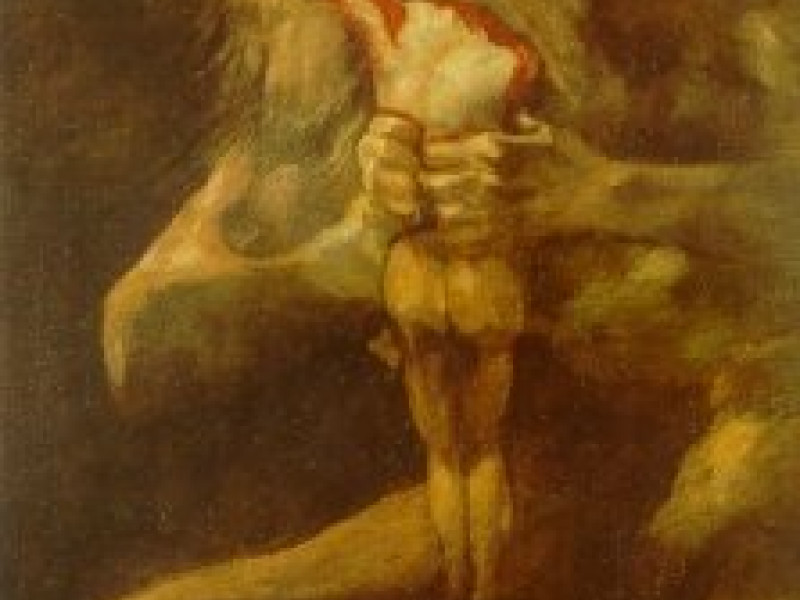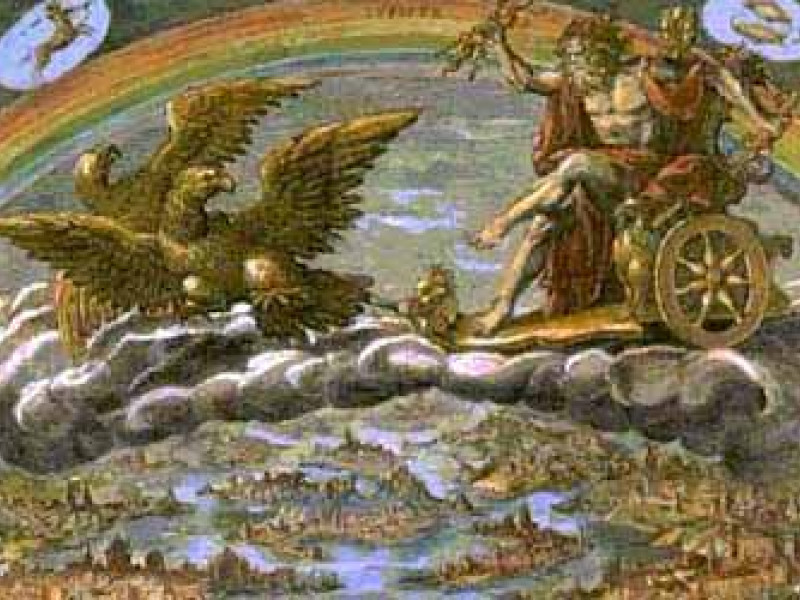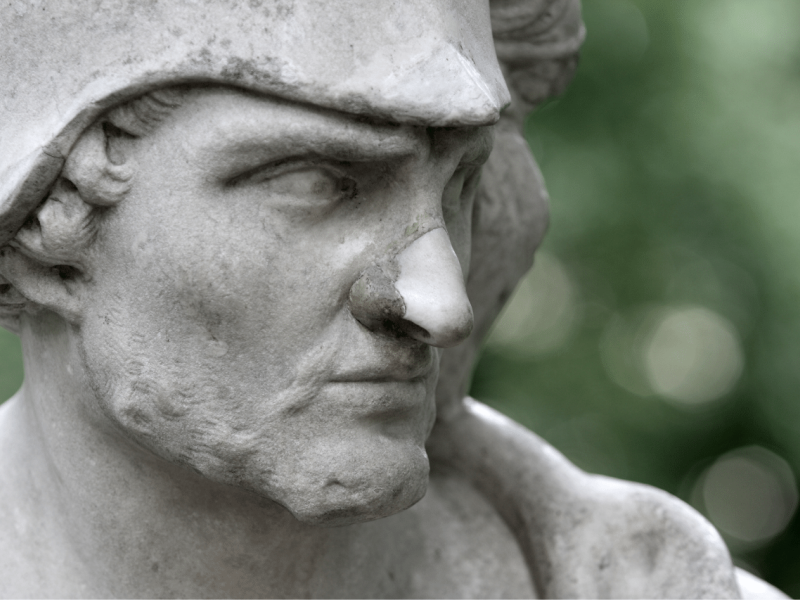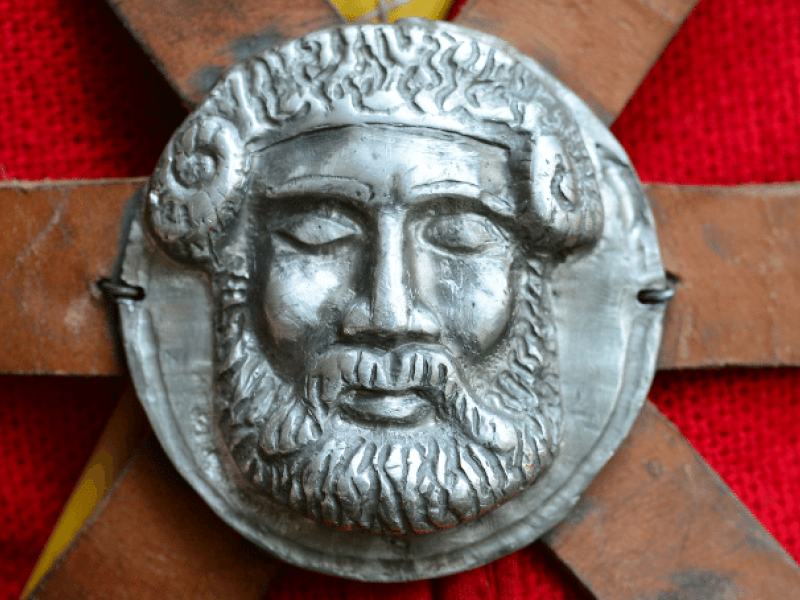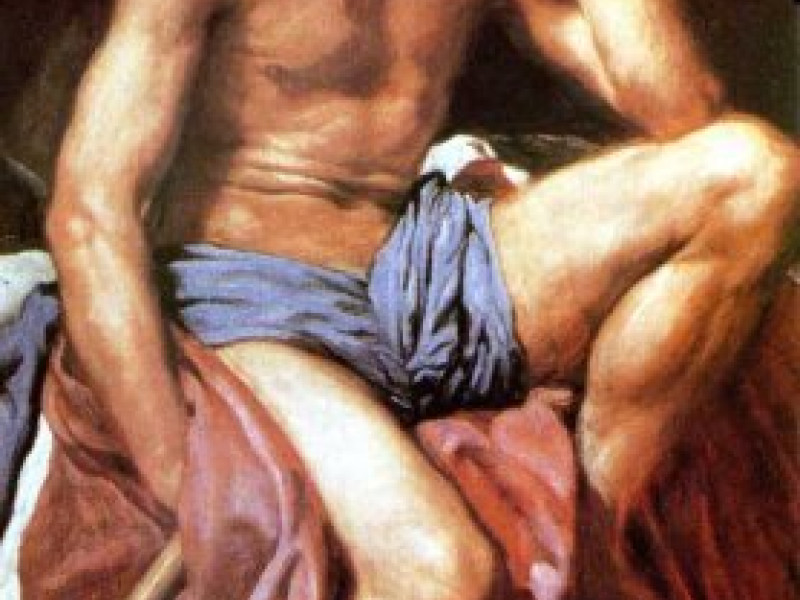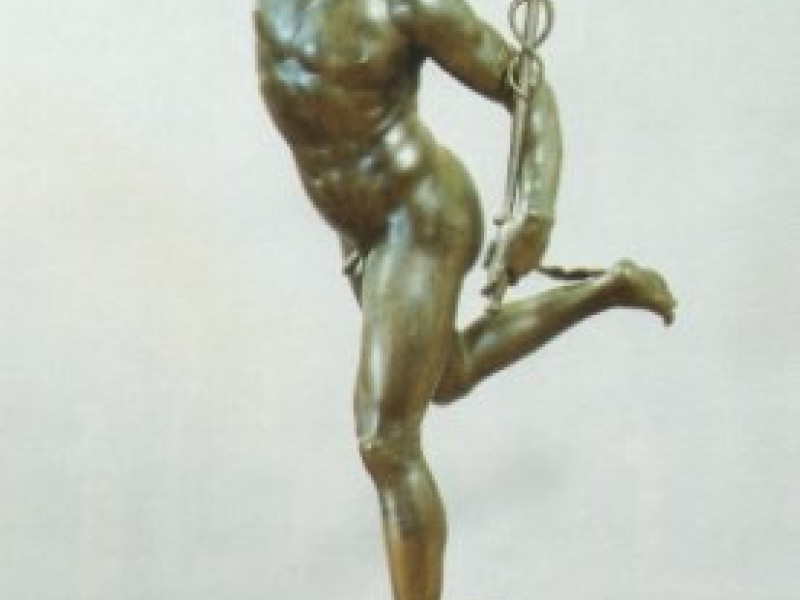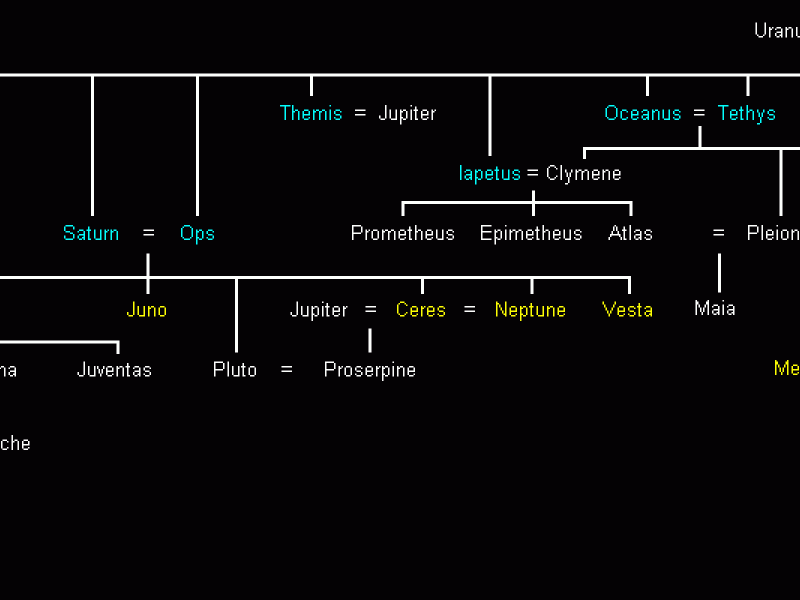Saturn
Saturn was the Roman god of agriculture. Saturn was identified with the Greek god Cronus, the chief of the Titans.
Unlike in the Greek myths where Cronus was held in prison at Tartarus, Saturn lived in Italy as one of the early kings. Saturn was the father of Picus (woodpecker).
His festival was called Saturnalia, which lasted for seven days beginning on December 17. The Romans honoured him by naming the weekday, Saturday, after him. His ruined temple was found in the Forum. The Romans named the treasury after him as aerarium Saturn.
In astronomy, Saturn is the 6th planet in our solar system, and the 2nd largest planet. Like Jupiter, Saturn is classified as a gas giant planet, but it is best-known for its impressive icy rings.
By Jimmy Joe
